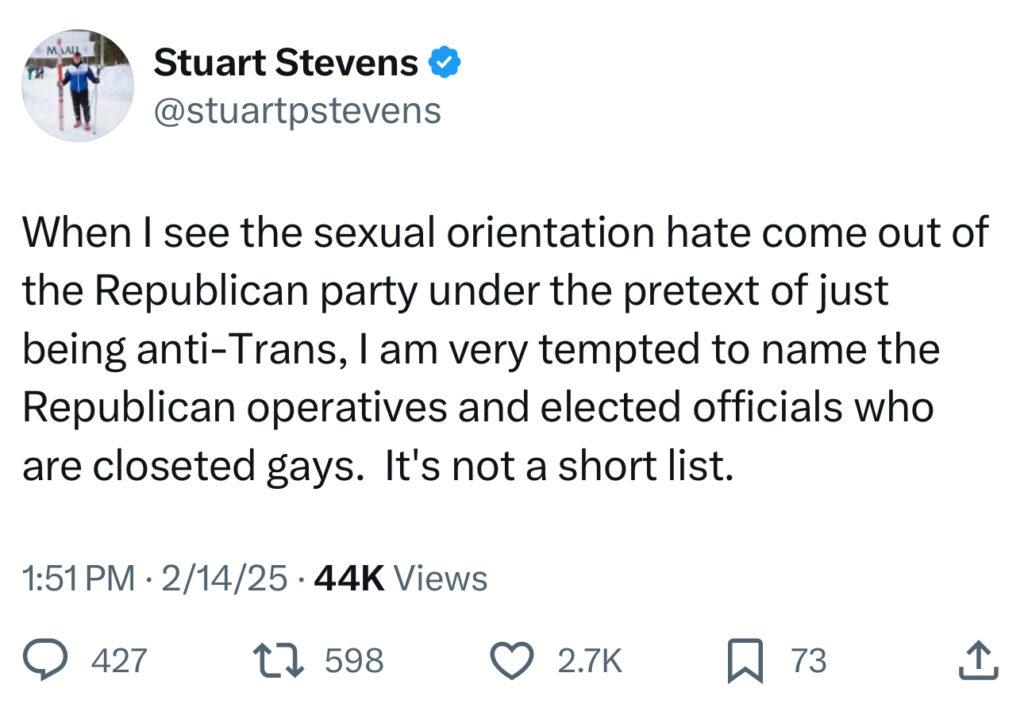Spend any length of time in the corporate world and you’ll realize that many (most?) people care more about not being singled out for mistakes than they do about being recognized for doing great work. The fear of judgment is a bigger motivator than the thirst for praise.
“AI” (I use scare quotes because what is being sold to us as AI is in fact not intelligent — it literally doesn’t understand the meaning of a single word) is an excellent way to achieve that goal — not only is it a consistent and dependable source of mediocre output, but it also offers an ideal patsy if anything proves unsatisfactory enough to warrant a response from management. The code is an illegible mess? Not my fault — it’s copilot. The translation botched several technical terms? Blame Google.
These tools also serve as an excellent shield for management itself, people more concerned with having a line go up than they are with, for example, retaining customers through superior service. The former will show an immediate impact on the bottom line, for example by firing hundreds of support staff, whereas the latter is less tangible to begin with and also takes longer to have its effects felt. If customers prove to be so unhappy that they leave in measurable numbers, simply blame the AI for not being robust enough, rather than blaming the implementation of the tool itself.

